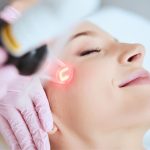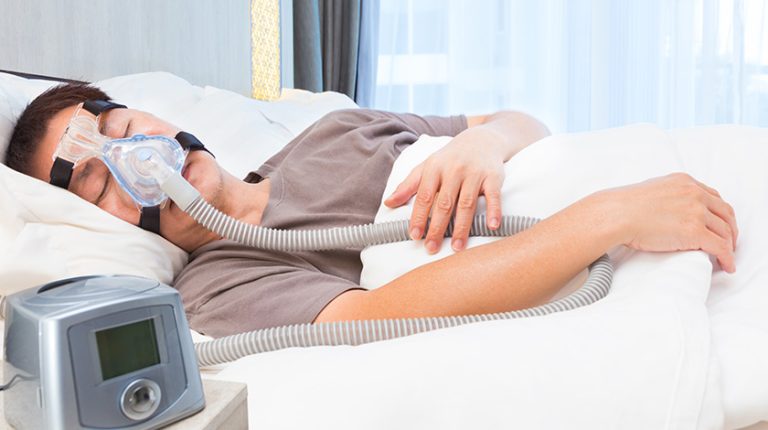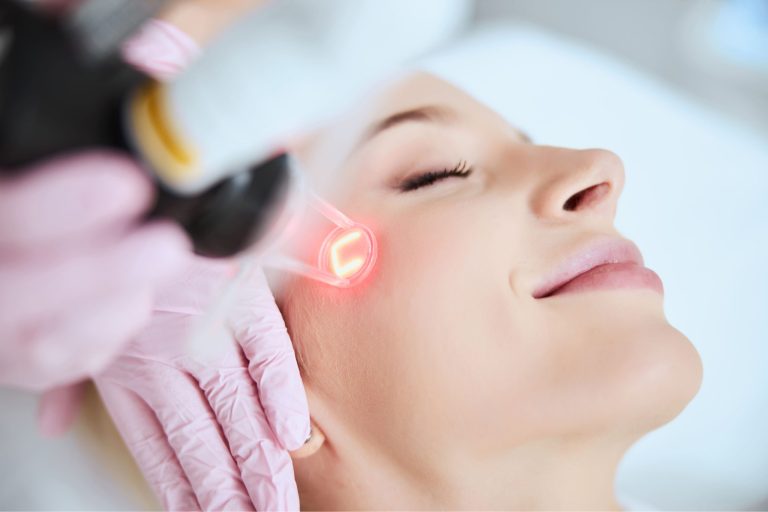Millions of people around the world have sleep apnea, which is a common but sometimes misunderstood sleep disorder. People with this problem often don’t know why they stop breathing over and over while they sleep. These problems can make it hard to sleep and pose serious health risks, ranging from a small stop to completely blocking breathing. If you have sleep apnea, you may be more likely to get diabetes, heart disease, or even a stroke. If you wake up gasping for air, feeling tired for no reason, or breathing loudly, you might want to find out if sleep apnea is the cause. In some places, like sleep apnea hong kong, more people are learning about this disorder and talking to experts about it. To improve quality of life and avoid long-term problems, it’s important to notice symptoms early and get care.
The Unspoken Risk Factors for Sleep Apnea
While some people find sleep apnea to be a minor annoyance, untreated cases can have significant effects. Untreated sleep apnea increases a person’s risk of heart disease and stroke among other cardiovascular conditions. The body suffers more from the consistent shortage of oxygen to the brain and other organs, which raises blood pressure and increases heart attack risk. Furthermore, the poor quality of sleep connected with sleep apnea can compromise cognitive ability, therefore affecting concentration, memory, or decision-making.

Signs and Symptoms to Examine
Though this is typically only the tip of the iceberg, loud, consistent snoring is the most obvious sign of sleep apnea. Along with disturbed sleep, frequent awakenings during the night, and a dry mouth or painful throat upon waking, many persons with sleep apnea also have Common symptoms include also daytime tiredness, headaches, irritability, and trouble focusing. It could be time to see a healthcare provider for a correct diagnosis if you or someone you know routinely suffers from any of these symptoms.
Diagnosing and treating sleep apnea
Usually involving a sleep study, either at a sleep center or at home with portable monitoring equipment, diagnosis of sleep apnea is Once identified, the degree of the sleep apnea will affect the available treatment choices. Mild cases might be controlled with lifestyle adjustments including weight loss or alcohol avoidance before bed. More advanced therapies, such continuous positive airway pressure (CPAP) therapy or rare cases of surgery, are usually required in moderate to severe cases.
Acting for improved health
If you don’t fix your sleep apnea, it can really hurt your health. Talk to a doctor or nurse if you think you might have this problem. There are many good treatments that can help lower your risks, improve the quality of your sleep, and make your life better. As you look for information on sleep apnea hong kong or ways to manage your symptoms, remember that you are not alone on your journey. You can take charge of your health and once again enjoy peaceful times if you get the right care.















